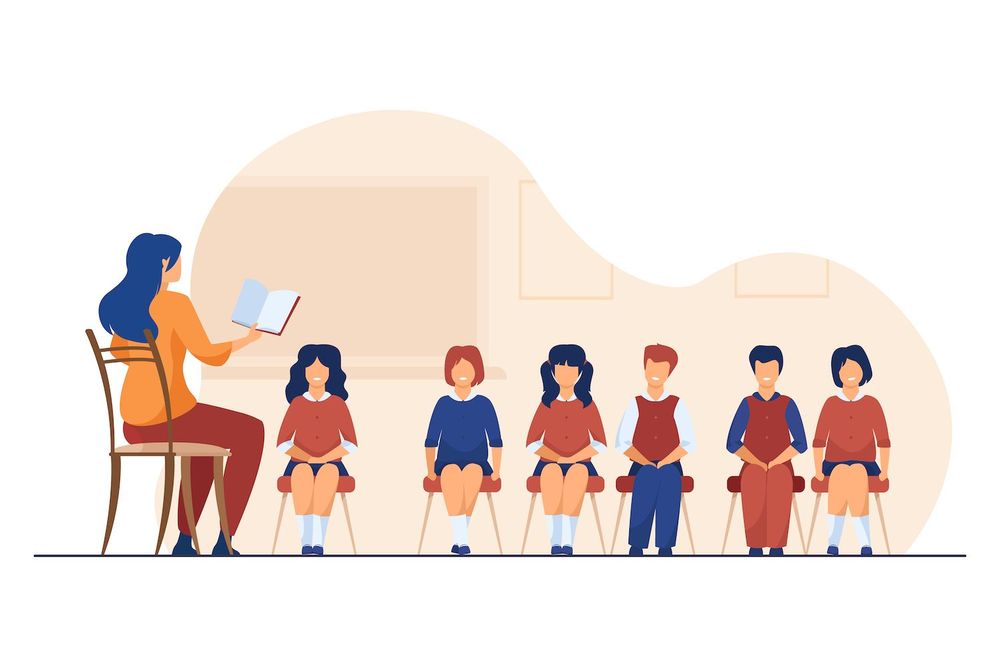Terms

How to gate/restrict content using paywalls could be the most significant decision that a creator of content can make. Finding the right equilibrium between making content that is completely free in addition to monetizing it isn't easy. People want to discover the content you create. However, you must establish an enterprise that can sustain itself. Let's explore the ins and outs of creating content and answering a few essential concerns.
What is the meaning of a paywall?
Consider paywalls as barriers that restricts access to the contents. The garden is shared with gates that are locked. If you have an access key to unlock the gate, they may visit the garden anytime, but those without keys and do not have a key are required to remain at the gate that is locked.
Like a gate that opens to let people access a garden in the same manner the same way a gate for content also known as a paywall lets users access a portion of your content (which is sometimes referred to gated content). It could be the form of a newsletter or podcast, blog post, course or similar and the key is an account, or password that allows access to specific users. A key could be obtained by becoming a subscriber to this podcast, purchasing the course or becoming an affiliate of the blog.
Paywalls are a good idea, but why do they need to be used?
There are two main reasons for putting content behind the paywall. Both of them are linked to advancing your company's growth:
A paywall for content is that your audience will have to pay for access to it which can be done by making an annual or monthly subscription or by making a single purchase such as a lifetime membership or a contribution. A payment can open the doors' and allow access to your site as well as podcast, blog or blog. There are numerous software platforms out there that offer the ability to facilitate the link between users and paid content.
Gating content allows you to obtain information from your visitors and gain a better knowledge of them, and to build closer connections. You can use this info to better understand your audience by creating an email database, or by customizing the experience of your site. You could, for instance, request a user's preferred language, and then show the content they prefer in their language. It is crucial to state clearly that you're collecting details for the purpose of reaching them according to GDPR.
What is the reason to not use an online paywall?
Like all other decisions taken, there are pros in addition to negatives of restricting content. "Hiding" content behind paywalls implies that it isn't easily accessible to Google crawling algorithms. If not handled with care, the paywall can have an enormous impact on your Search Engine Optimization (SEO) efforts, which is one of the primary ways to allow searchers to locate your website. This is why it's not recommended to limit or block your content. post.
In order people to be willing to spend money it is important that they have confidence in your partner with and trust can only be built by people who engage in your posts. Offer a selection of your favorite as well as (popular) contents publicly and without cost. This can help to increase readers' trust.
Why should you choose to set up a paywall?
The goal is to make some compromise in the contents that are available to give as a freebie as well as the content that can be put behind a paywall. Finding this equilibrium is the most challenging and important aspect for any person who wishes to earn money from their creations.
Potential customers and clients frequently inquire "How many pages of information can I block behind the paywall?" However, it is better to think about the things should be blocked rather than making a decision on the number. In order to decide what content is appropriate to be locked , you need to ask yourself a few critical questions:
What's the goal? When creating a article, post or podcast, make note of your (primary) purpose of the piece of content. Are you looking to boost your visibility as a company, while also positioning yourself as an expert in your field? Do you wish to earn or make money through your content? Do you wish to develop your database (often called "generating leads")? Answering these questions will allow you to decide which information you want to block or restrict.
What is your competitor? It's not necessary to solicit customers to purchase something if they can find the same thing for free! In the process of you are researching your next piece content, find out what related content on the same area or subject is freely available and accessible. You shouldn't be afraid to write additional content that is similar to yours, but in all cases, it's essential to ensure that your readers gain something of your writing which other writers do not have - it could be a personal experience, or an unique insight which no one else is able to provide.
Do you have value? If your content doesn't add value to your people who read it, it shouldn't be banned. Content you provide must be distinctive and offer information that isn't found anywhere and be delivered in a format with high "production value". For example, lengthy content, such as deep analyses and ebooks or downloads, which are the best to be gated or paywalled, whereas smaller content, like blog posts with over 1000 words are likely to work best as free or unlocked content.
The place to construct the gate
Another aspect needs to be considered in the case of the content that is gated and that's how much of each individual piece must be protected. Recall the metaphor of the gate that is in the garden If you would like people to visit a special section in the garden (perhaps or an area within your garden) is it better to let them visit a little bit of your garden in order to keep them interested, after which you can show them the part they have to access.
Then you can 'upsell' tickets to your private space. If you decide to do this, it would be a good idea to construct the gate after people have been to the gardens which are accessible to the public, however, not on the entrance point to your property.
When it comes to digital content, the best way is for a user to be able to read a few paragraphs of your material prior to when the paywall gates are in place. This way users are already intrigued by your story and more likely to share their details with you or pay for an annual subscription for the content to read on.
What do you need to do to stop content from being blocked behind the paywall?
There's an array of various platforms available to help you 'build the gate'. Instead of providing you with an entire list of possibilities instead, we'll focus on the things we've learned about being able to control content by using WordPress. Here are a few well-known WordPress plugins that will assist with the process of securing your site's content
- Digital Access Pass
- Membr Mouse
- The Pro-Paying Memberships Pay
- Restrict Content Pro
- Memberpress
If you'd like more, feel free to get in touch with us. Click the red button to chat with our staff immediately!
Article was first seen on here
